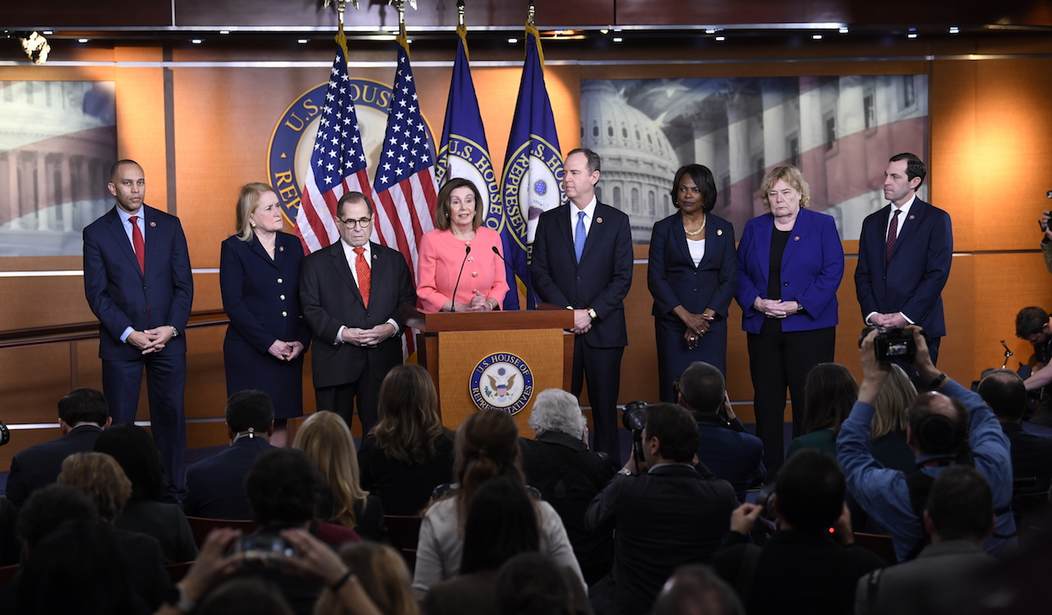The China-caused coronavirus pandemic has sparked a variety of resulting crises. Next up: a housing crisis as stimulus checks run out before income is restored for many Americans.
Many struggling individuals and families have received sympathy and support, from suspensions of evictions and rent strikes to policymaker proposals for rent and mortgage payment cancellations through the duration of the pandemic. These measures are well-meaning, but ultimately, they do not solve the problem.
Any deferral of rent payments puts landlords in a difficult situation themselves: as tenants can’t pay rent, landlords lack the funds to pay their mortgages and other bills, putting them at risk for default.
If the current trajectory continues, total monthly assistance needs for renter households with at-risk wages range from $274 million to $7.5 billion. By the end of April, 3.8 million homeowners had sought relief and were not making their payments. Nationwide, 1.5 million to 2 million homeowners could lose their homes to foreclosure due to the pandemic. Americans will be billions of dollars short when rent is next due on July 1.
While some retain hope that many Americans who lost their jobs due to the COVID-19 crisis will soon be able to return to work -- and the May jobs report is certainly encouraging -- there is still reason to believe that the path to recovery may be long and hard. Thousands of small businesses have closed their doors forever. Millions of unemployed Americans will continue to struggle to pay their bills. Of those able to return to work in the near future, the economy that they will reenter is much different from the booming one that ushered in the new decade.
Recommended
In this new pandemic-riddled world, home sales have nearly stopped, and people are not moving to new rental residences. Following social distancing guidelines, almost no one is hosting or attending open houses, and people are not making major purchases in order to save for the uncertainty ahead.
So what can policymakers do to mitigate this crisis?
The first priority should be getting Americans back to work. Although the economy may be weak, it is critical that Americans who are able and willing to work be free to bring home what income they can. Many of the individuals that were hit hardest by the lockdowns work in service industries. These jobs will begin to revive as society reopens, and have already begun to as shown in the May jobs report, but lawmakers must work to find safe and efficient ways to reopen communities across the country. No one should be forced to work in an unsafe environment, but many Americans whose jobs were shut down for the last couple months really do want to return to work.
Additionally, any relief must be temporary, targeted, and flexible. Proposals such as the Rent and Mortgage Cancellation Act sponsored by Rep. Ilhan Omar are the opposite of that. No one really knows how long this pandemic will last (or how long it will take to develop a vaccine), but the Rent and Mortgage Cancellation Act would cancel, not even just suspend, all rent and mortgage payments. Such a measure is dangerous and wasteful, providing assistance to those Americans who don’t even need help, including those who have been able to continue their work from home in white-collar jobs.
Instead of such broad and sweeping legislation, lawmakers should focus on targeted assistance, helping those Americans who really don’t know how they will pay their rent, while at the same time not hurting landlords as well. And working with the different realities in different parts of the country will allow flexibility and provide the best assistance for those who need it most.
Our nation is undergoing an economic crisis like we’ve never seen before. We need policymakers to use our taxpayer funds wisely and carefully ensure that the enormous sums of money used in coronavirus relief will reach those who need them most. A dangerous spiral has begun; it’s up to our lawmakers to ensure they are doing their utmost to stop the spiral by allowing safe reopening of businesses as well as providing targeted assistance to forestall a looming housing crisis.
Charlotte Whelan is a policy research assistant at Independent Women’s Forum.
























Join the conversation as a VIP Member